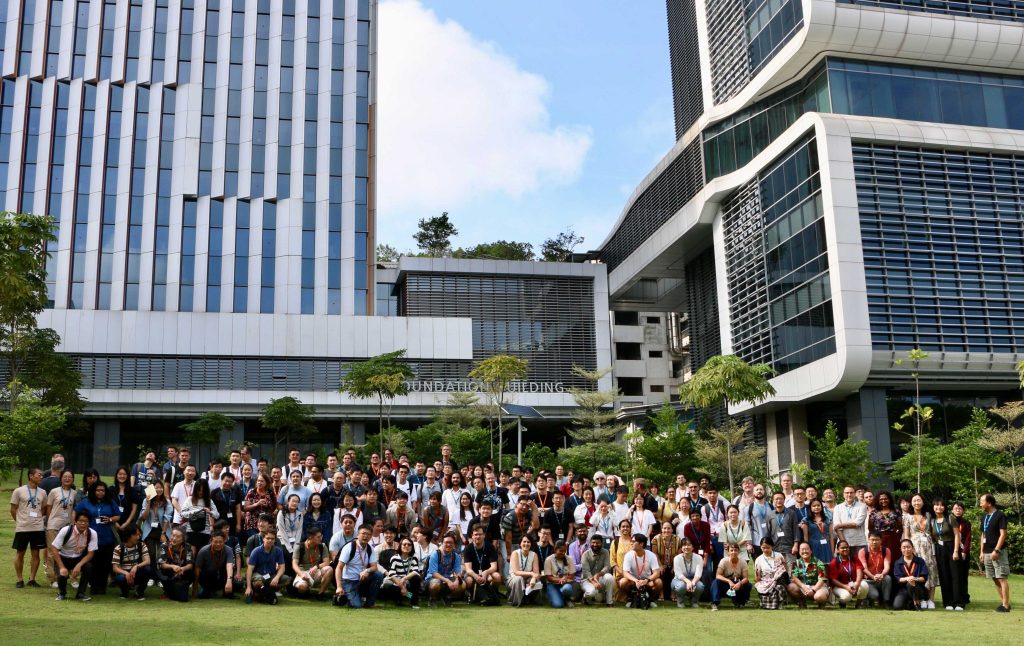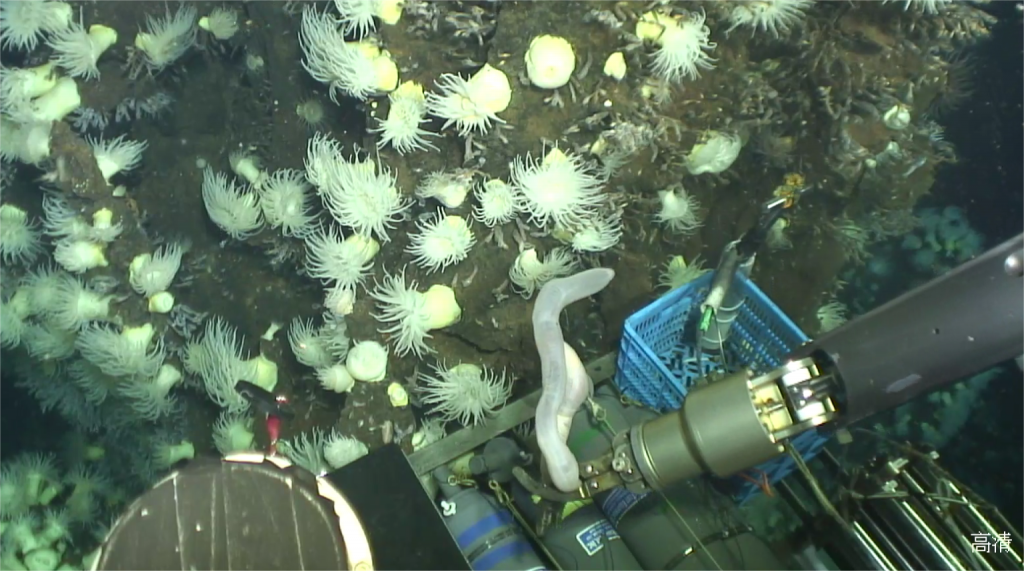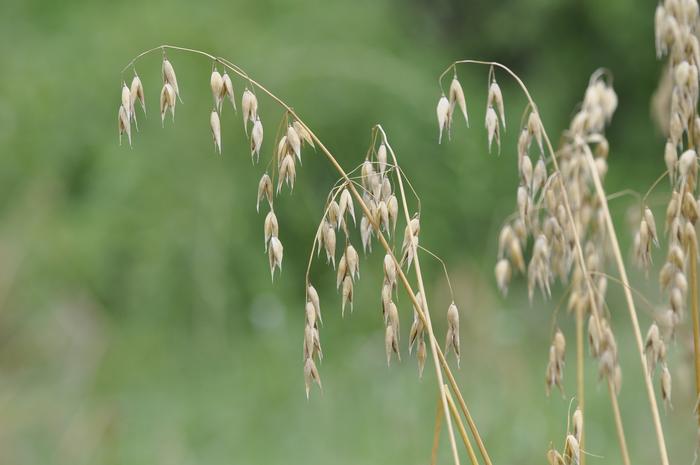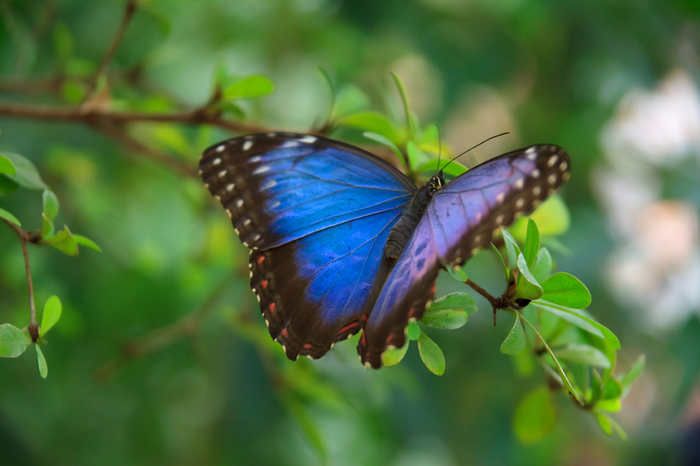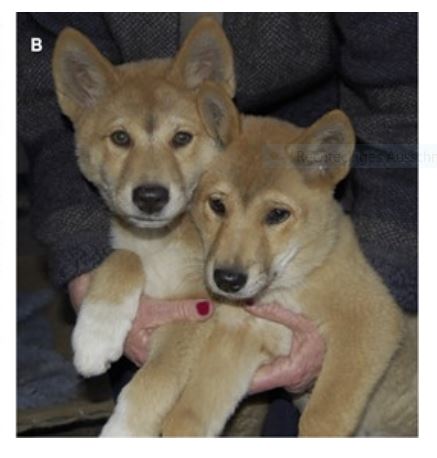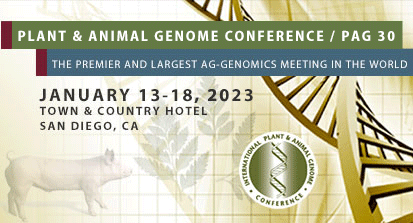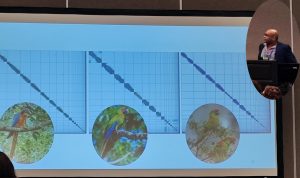
PAG (Plant and Animal Genomes conference) returned to the Town and Country resort San Diego for its 31st installment this January (Jan 12-17, 2024), bigger and better than ever before! The GigaScience Press team are regular attendees of the meeting (see last years write-up), and this year members of our Editorial and Curation teams joined nearly 3000 delegates from over 60 countries.

